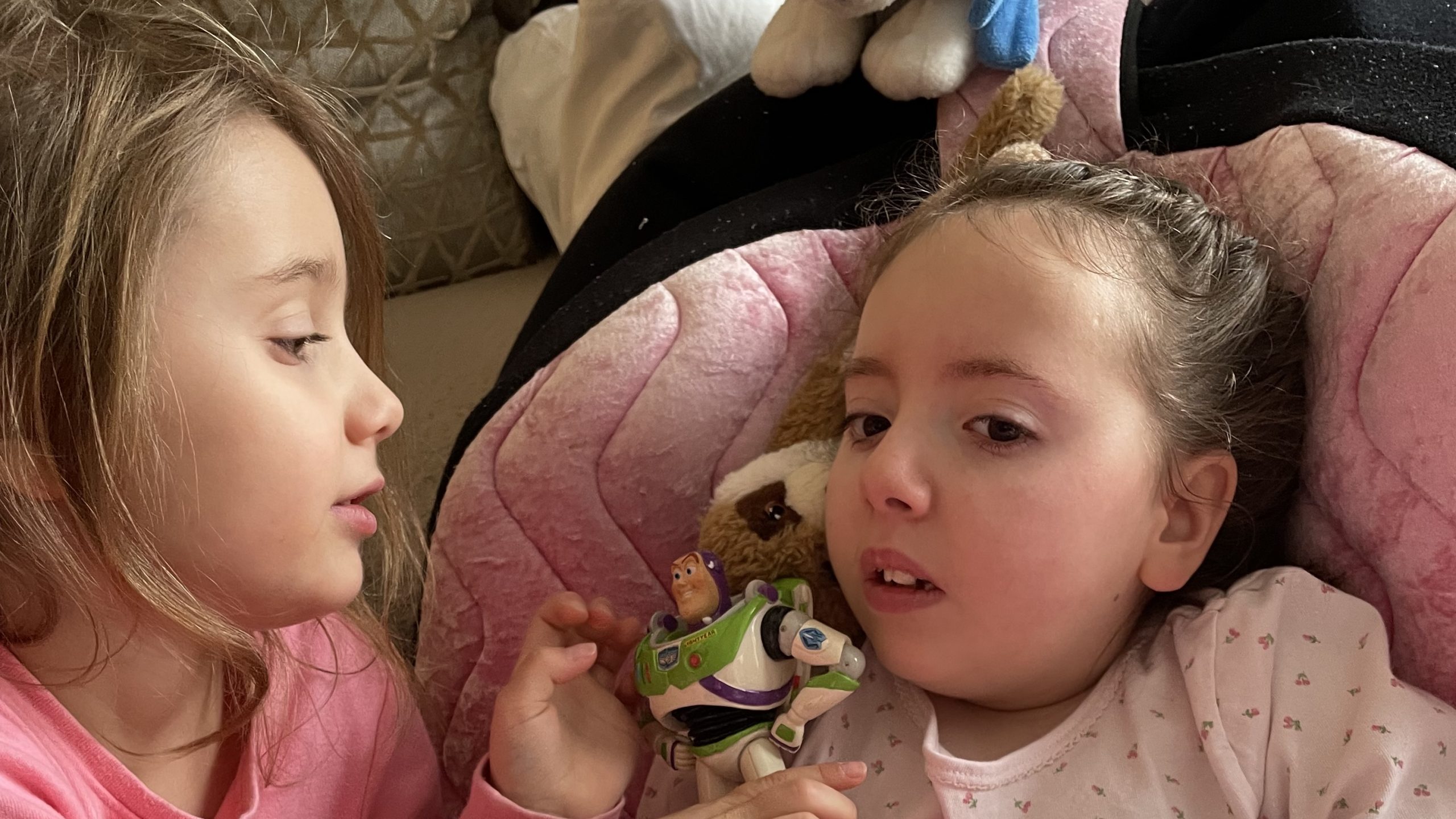Navigating daily life when affected by a genetic, rare or undiagnosed condition can be challenging. As well as the need to manage medical appointments, you might encounter hurdles in areas of your life such as education and work, childcare and family planning, finances and social situations.
This page covers some of the key and practical aspects of living with a genetic, rare or undiagnosed condition. It should act as a starting point for developing an understanding of some areas of daily life that you might want to plan for and consider. Although this information is intended to be useful for everyone living with a genetic, rare or undiagnosed condition, some aspects may not be relevant to your personal circumstances and experiences.
For further information about living with your specific condition, check our database of genetic and rare conditions. To get advice on a single condition, check our A-Z list of member organisations to see if we work with an organisation focused on the condition.
You can find more detailed information about many of the issues covered here from charities that specialise in providing this type of advice such as Contact, Sense and Carers UK. You can also get help to navigate some of the more common emotional challenges that are often shared across rare, genetic and undiagnosed conditions by visiting Rareminds Wellbeing Hub.


